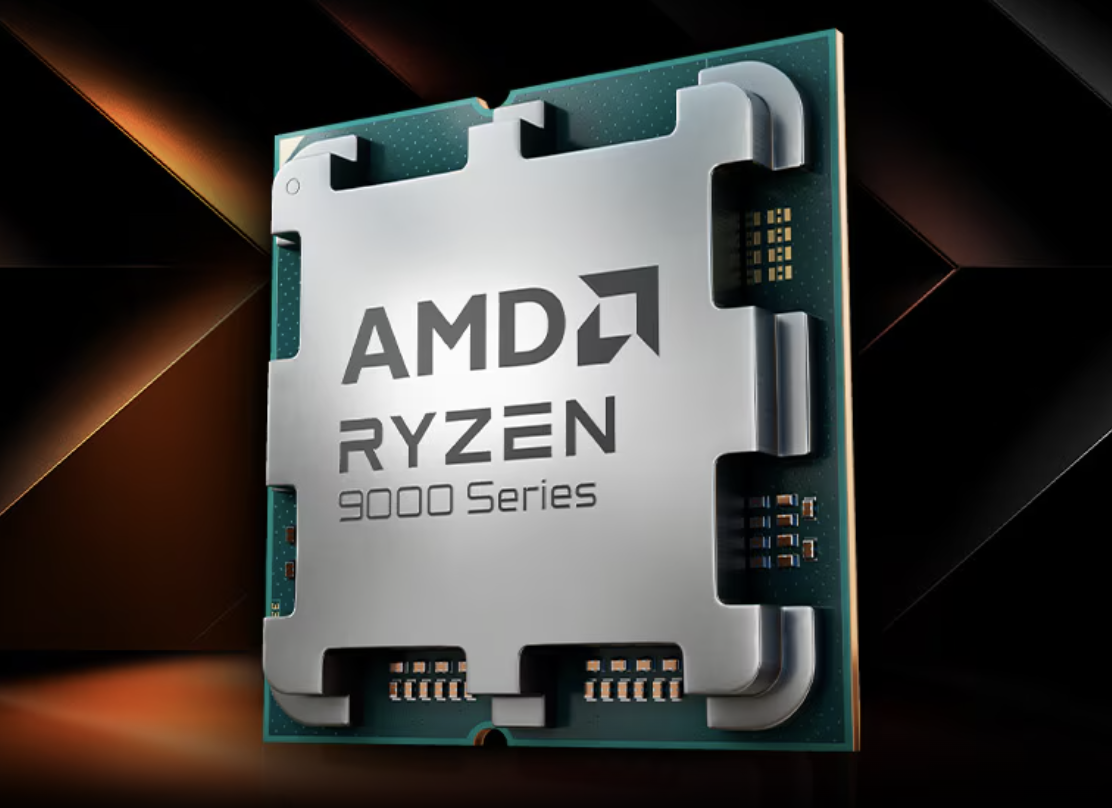Insider Brief
- AMD announces a $4.9 billion acquisition of ZT Systems to strengthen its AI hardware capabilities.
- The acquisition aims to expand AMD’s portfolio and enhance its competitiveness against Nvidia in the AI market.
- The deal is expected to close in the first half of 2025, with ZT Systems contributing to AMD’s financial performance by year-end.
- Image: AMD
AMD has announced its plans to acquire server manufacturer ZT Systems for $4.9 billion in a move aimed at expanding its portfolio of artificial intelligence (AI) chips and hardware, according to Reuters. The acquisition is part of AMD’s broader strategy to challenge Nvidia (NVDA.O) in the increasingly competitive AI market. This significant acquisition marks a strategic step for AMD as it seeks to position itself more prominently in the AI space, where computing demands are growing exponentially.
AMD intends to finance 75% of the ZT Systems acquisition with cash, leveraging its $5.34 billion in cash and short-term investments from the second quarter. The remaining 25% of the acquisition will be paid for in stock. The move underscores AMD’s commitment to scaling its AI capabilities, particularly as AI’s computing requirements necessitate clustering thousands of chips to achieve the necessary data processing power.
As reported by Reuters, AMD CEO Lisa Su emphasized the importance of AI to the company’s future, stating, “AI systems are our number one strategic priority.”
The acquisition of ZT Systems, known for its expertise in server manufacturing, will enhance AMD’s ability to test and roll out its AI-focused graphics processing units (GPUs) at a scale required by major cloud computing players like Microsoft (MSFT.O).
“The main way [ZT Systems] is additive to the company is we sell more GPUs,” Su told Reuters, highlighting the direct impact the acquisition will have on AMD’s core business. AMD’s shares reacted positively to the news, climbing nearly 3% in premarket trading, reflecting investor confidence in the strategic acquisition.
AMD plans to divest its newly acquired server manufacturing business once the deal is completed, as the company does not intend to compete directly with established players in the server manufacturing industry, such as Super Micro Computer (SMCI.O). According to Su, AMD has not yet initiated discussions with potential buyers, but the sale of the server business is expected to occur within 12 to 18 months after the deal’s closure.
ZT Systems, a closely held company, currently employs approximately 2,500 people. AMD plans to retain about 1,000 of ZT Systems’ engineers, ensuring the company has the technical talent needed to advance its AI hardware ambitions. ZT Systems’ CEO, Frank Zhang, will join AMD and report to Forrest Norrod, AMD’s data center chief, further integrating the two companies’ operations.
ZT Systems is expected to generate approximately $10 billion in annual revenue, a significant addition to AMD’s financial performance. AMD anticipates that ZT Systems will contribute positively to its adjusted financial results by the end of 2025, aligning with the company’s long-term growth strategy.
This acquisition comes at a time when Nvidia is also expanding its influence in the AI space. Nvidia CEO Jensen Huang announced earlier this year that the company, once solely a chip designer, now offers entire data centers and the components necessary to build them. Analysts predict Nvidia’s data center segment will generate $105.9 billion this year, underscoring the competitive environment AMD is stepping into.
AMD, which expects to generate $4.5 billion in AI chip revenue this year, counts tech giants like Microsoft and Meta Platforms (META.O) among its customers. With the acquisition of ZT Systems, AMD is poised to further cement its position in the AI hardware market, offering enhanced capabilities to meet the growing demands of the industry.
Executives from both AMD and ZT Systems expect the acquisition to close in the first half of 2025, signaling a new phase of growth and competition in the AI sector. As the race to dominate the AI hardware market intensifies, AMD’s strategic acquisition of ZT Systems positions the company to better compete with industry leaders like Nvidia, while also expanding its reach in the rapidly evolving AI landscape.






